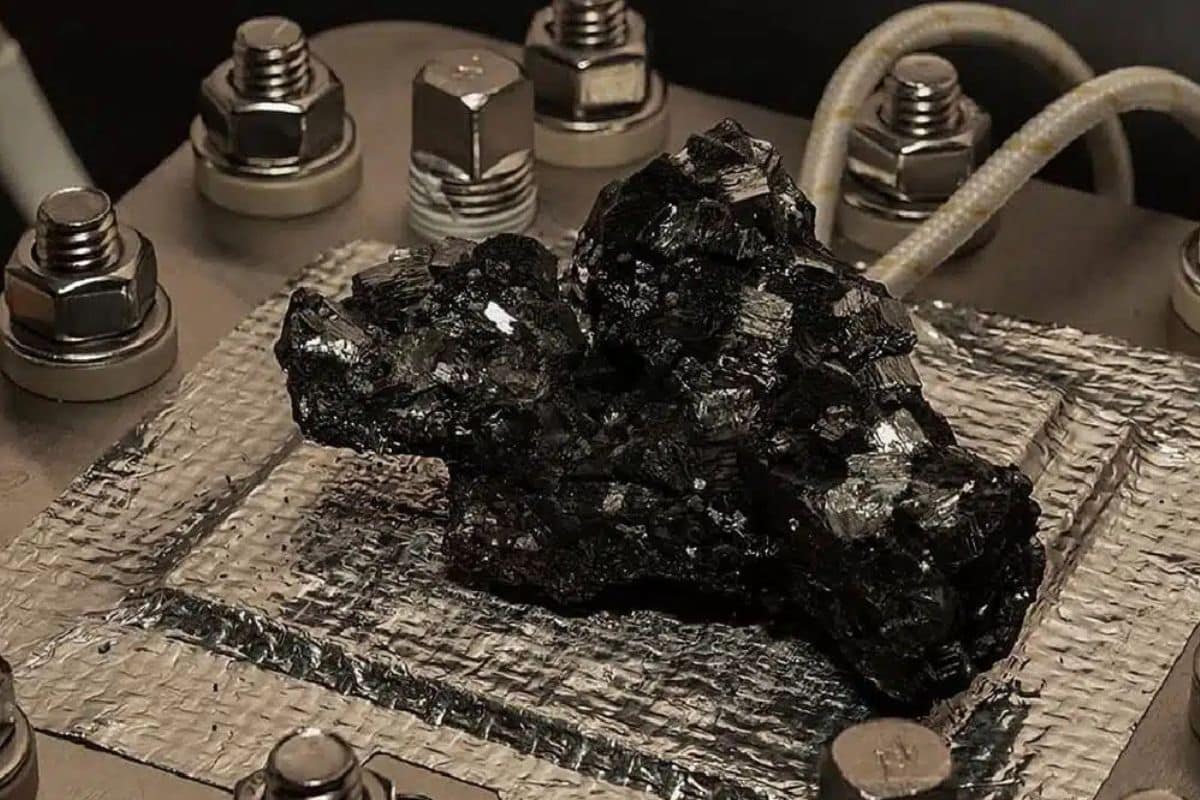The world of clean energy production stands at a pivotal moment with Japan’s groundbreaking advancement in hydrogen technology. Scientists from the RIKEN Institute have revolutionized the electrolysis process by developing a manganese-based catalyst that significantly outperforms traditional materials. This breakthrough could transform green hydrogen production, making it more economically viable and sustainable for global energy needs.
Revolutionary breakthrough in hydrogen production technology
Green hydrogen represents one of the most promising solutions for future energy needs. Produced through water electrolysis powered by renewable sources, it offers a carbon-neutral energy carrier that numerous countries are investing in heavily. Until recently, the process faced significant economic barriers due to the requirement for rare, expensive metals in efficient electrolyzers.
Japanese researchers have achieved what many consider the holy grail of electrolysis technology – a catalyst based on manganese oxide (MnO2) that delivers remarkable performance without using precious metals. This innovation directly addresses the cost issue that has hampered widespread hydrogen adoption.
The RIKEN Institute team focused on restructuring a common element rather than searching for exotic materials. By manipulating manganese’s three-dimensional lattice structure, they created stronger bonds with oxygen atoms, resulting in exceptional stability and performance in acidic conditions where traditional non-noble metal catalysts typically fail.
Laboratory tests demonstrate this modified manganese catalyst can operate continuously for over 1,000 hours at 200 mA/cm², producing hydrogen at rates ten times higher than comparable materials. This represents a 1,000% improvement in hydrogen output compared to other affordable catalysts.
Why traditional electrolysis methods fall short
Current hydrogen production methods face several limitations that the Japanese breakthrough helps overcome. Proton Exchange Membrane (PEM) electrolyzers have gained popularity due to their efficiency and responsiveness to intermittent renewable energy sources. However, their reliance on precious metals creates significant economic barriers.
The primary challenges with conventional electrolysis include:
- Dependence on iridium and platinum catalysts
- High material costs limiting commercial viability
- Corrosion issues in acidic environments
- Limited catalyst lifespan under operating conditions
PEM electrolyzers require catalysts that can withstand highly corrosive acidic environments while maintaining efficiency. Previously, only platinum-group metals like iridium could meet these demands, but their scarcity and cost make large-scale implementation economically challenging.
The Japanese innovation addresses these issues by extending catalyst lifespan dramatically. The modified manganese oxide increases the operational duration of affordable catalysts by a factor of 40, making sustainable large-scale hydrogen production financially feasible for the first time.
The science behind manganese’s transformation
The key to this breakthrough lies in understanding how atomic-level modifications can transform a common element into an extraordinary catalyst. Manganese, abundant and inexpensive, becomes remarkably effective through precise structural engineering.
The RIKEN team’s approach focused on manipulating the material at its most fundamental level, creating a lattice structure that forms stronger bonds with oxygen atoms during the electrolysis process. This enhanced structure gives the material unprecedented stability in acidic conditions where the oxygen evolution reaction occurs.
| Property | Traditional Catalysts | Modified MnO2 |
|---|---|---|
| Cost | High (precious metals) | Low (abundant element) |
| Lifespan | Limited in acidic conditions | 40x improvement |
| Hydrogen Production | Baseline | 10x increase |
| Acid Resistance | Requires precious metals | Excellent with common metal |
The research published in Nature Catalysis details how this structural modification creates a catalyst that maintains exceptional performance over extended periods. What makes this approach particularly valuable is that it works with readily available materials rather than relying on geopolitically sensitive rare elements.
Future implications for global energy transition
While laboratory success represents an important milestone, researchers acknowledge additional development is needed before industrial implementation. Nevertheless, this breakthrough potentially removes a major barrier to hydrogen economy adoption.
The implications extend beyond Japan to countries like Spain that have invested heavily in hydrogen infrastructure. As researchers continue refining the manganese structure, they anticipate further improvements in both current density and catalyst longevity.
The long-term vision includes developing completely iridium-free water electrolysis systems. Such systems would enable truly sustainable hydrogen production at scales necessary to impact global energy markets significantly.
This Japanese innovation aligns perfectly with the growing focus on renewable energy carriers. By addressing the economic challenges of hydrogen production, it may accelerate the timeline for widespread hydrogen adoption across multiple sectors including:
- Industrial manufacturing requiring high-temperature processes
- Long-distance transportation including shipping and aviation
- Energy storage to balance intermittent renewable generation
- Chemical feedstock for fertilizer and other essential products
The RIKEN Institute’s discovery represents not just an incremental improvement but a potential paradigm shift in how we approach clean energy production. By transforming a common element into a super-efficient catalyst, Japanese researchers have opened new possibilities for affordable and sustainable hydrogen generation that could help power our transition away from fossil fuels.

